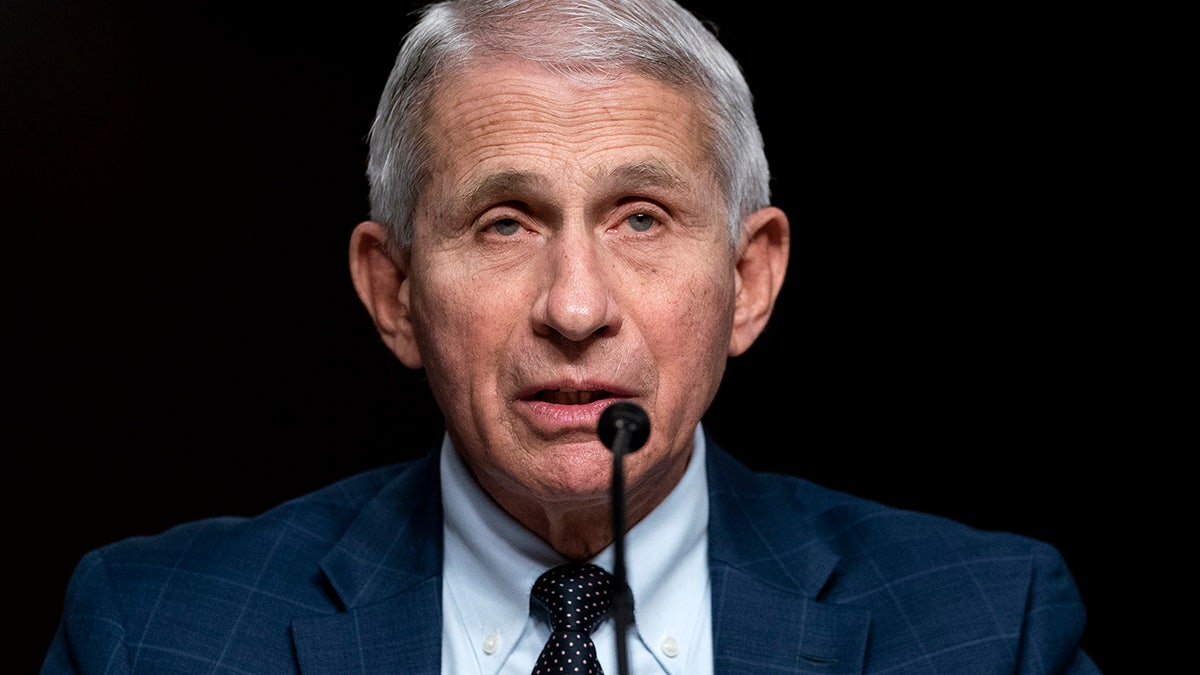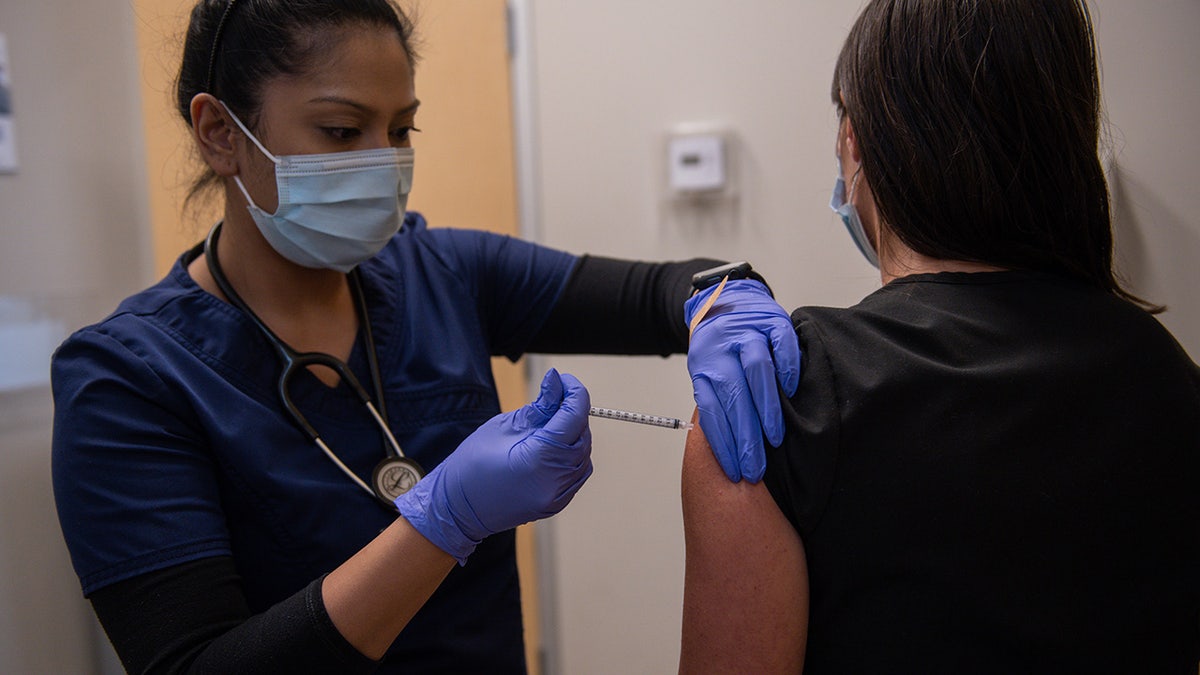'There is significant COVID fatigue going on': Dr. Makary
Johns Hopkins Medicine's Dr. Marty Makary reacts to the Canadian 'Freedom Convoy' and a Johns Hopkins study on COVID lockdown policy's effectiveness on 'Fox Report.'
Dr. Anthony Fauci, the chief medical adviser for President Biden, said in an interview published Tuesday that the U.S. is almost past the "full-blown" pandemic phase of the coronavirus and said he hopes that all virus-related restrictions could wind down in a few months.
Fauci discussed his idea of the virus’s trajectory with the Financial Times. He told the paper that the government response to the disease will eventually be handled on a local level and not federal.
He did not mention a specific month or season but told the paper that these restrictions — including mask mandates — could end "soon."
The number of people in the hospital with COVID-19 across the U.S. has tumbled more than 28% over the past three weeks to about 105,000 on average, according to the Centers for Disease Control and Prevention.

Dr. Anthony Fauci testifies on Capitol Hill last month. (Greg Nash-Pool/Getty Images)
Dr. Chris Beyrer, an epidemiologist at the Johns Hopkins Bloomberg School of Public Health, told the Associated Press, "What we want to see is that the omicron surge continues to decrease, that we don’t see another variant of concern emerge, that we start to come out of the other side of this."

A health care worker administers a third dose of the Moderna COVID-19 vaccine at the CareNow Denver University urgent care center in Denver, Colorado, on Tuesday, Nov. 16, 2021. (Daniel Brenner/Bloomberg via Getty Images)
Fauci told the paper that there is no way to eradicate the virus, but it is his hope that "we are looking at a time when we have enough people vaccinated and enough people with protection from previous infection that the Covid restrictions will soon be a thing of the past."
He also said it may not been needed for all Americans to get boosted in the future.
"It will depend on who you are," he said. "But if you are a normal, healthy 30-year-old person with no underlying conditions, you might need a booster only every four or five years."
The Associated Press contributed to this report




















